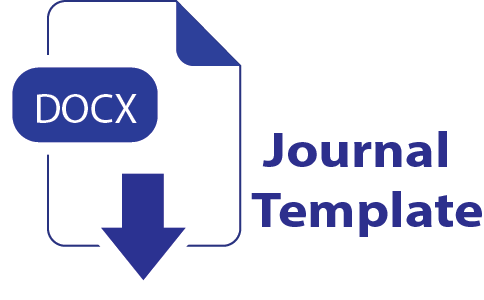Students’ speaking skill self-efficacy, participation level, and speaking skill achievement: A Correlational Study
DOI:
https://doi.org/10.15294/elt.v14i1.10623Keywords:
Speaking skill, self-efficacy, achievement, participationAbstract
Even though the English language is a medium of instruction in Ethiopian education, English major students hardly speak the language. Many researchers have conducted studies addressing these problems since the beginning of English language education. However; learners didn’t overcome their problems. Thus, the present study aimed to assess the relationship between students’ speaking skill self-efficacy, participation level, and speaking skill achievement in higher education. A Mixed-method approach and a correlational research design were employed to answer the research questions. The data were collected using questionnaires and an interview which were analyzed using both quantitative and qualitative method. For the results, students believe that their speaking skill self-efficacy positively and moderately influences their speaking skill achievement in spoken course. The result also suggests that the relationship between students’ speaking skill self-efficacy and speaking skill achievement was a strong positive relationship and was statistically significant. Additionally, the findings showed that students’ level of participation determines their belief in their ability to do tasks and to improve achievement. Finally, it is recommended that further research be conducted addressing the effect of students’ speaking skill self-efficacy on students’ speaking skill achievement. The study is significant in implying English language teachers improving students speaking skill ability and achievement by fostering their self efficacy.
_.jpg)
_.jpg)

